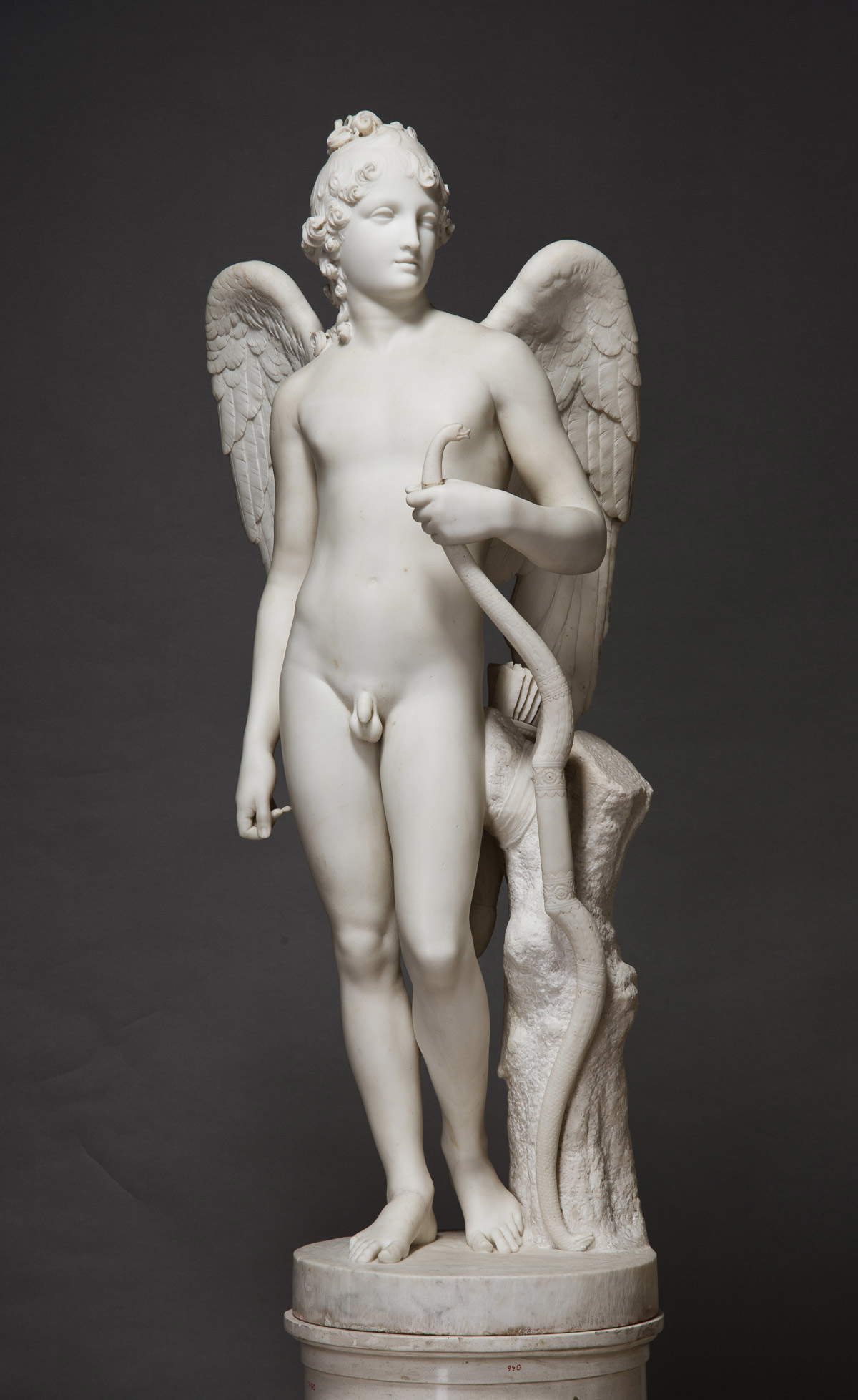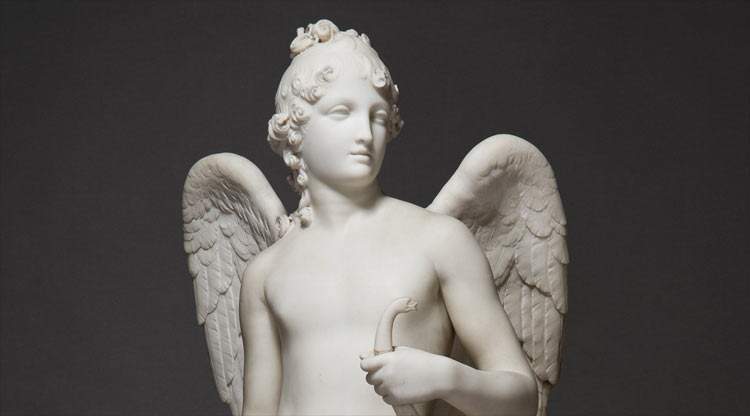Art is also involved in the conflict in Ukraine. In fact, Finland has decided to detain in the country a shipment of works of art, worth 42 million euros, bound for Russia: these were the works that were returning from exhibitions in Italy (including the one on the Grand Tour held at the Gallerie d’Italia in Milan’s Piazza Scala: thus, among the works is Antonio Canova’sWinged Love, as well as several other valuable masterpieces) and from Japan, and that were supposed to stop in Finland before returning to the country that owns them.
The works were detained by Finnish customs officials at the Vaalimaa border crossing. Helsinki has indicated that it will consult with the European Union on whether the artworks can be considered luxury goods, and therefore liable to be detained until sanctions against Russia end. That, at least, is Finland’s idea, as explained by the director of the Finnish Customs Enforcement Department, Sami Rakshit. The seizure, Finnish customs announced in a note, was carried out between April 1 and 2. “It is important,” says Sami Rakshit, “that the enforcement of sanctions works effectively. Sanctions enforcement is part of our normal operations and we always direct our controls based on risk. The shipments that are now under criminal investigation were detected as part of our usual law enforcement work.” Finland has initiated an investigation that will continue in the form of information gathering, international cooperation and mutual assistance requests. Finnish Customs says it aims to complete the investigation as soon as possible and will continue to consult with the Ministry of Foreign Affairs, which will review the matter with the European Commission. The Farnesina is also working on the case, Finnish customs know.

Russia has already responded by saying that the seizure made by Finland is "illegal.“ ”This situation can be described in two words: legal chaos," Russian Foreign Ministry representative Maria Zakharova told TASS news agency. “This is the detention, in violation of international law, of cultural property belonging to the Russian Federation and temporarily located abroad under the state guarantees of countries where exhibitions of these objects were organized on a non-commercial basis in cooperation with our museums. We are waiting for the prompt decision of the Finnish authorities to ensure the full return of our works of art to the Russian Federation.” According to Zakharova, we would be in the presence of a “possible violation of the so-called sanctions regime against Russia.” Currently, the works are in a storage facility at the Ateneum in Helsinki, one of the country’s largest and most important art museums.
In theupdated list of sanctions imposed by the European Union, Article 3h stipulates that “it shall be prohibited to sell, supply, transfer or export, directly or indirectly, luxury goods listed in Annex XVIII to any natural or judicial person, entity or institution in Russia or for use in Russia.” Luxury goods listed in Annex XVIII include works of art. According to Russia, however, the sanctions refer to trade in luxury goods, and would not affect state-owned goods that, as in this case, were abroad on loan for exhibitions.
Russia, on March 10, had demanded that Italy return the works on loan to our country in advance. The situation had then been resolved thanks to the intervention of cultural diplomacy promoted by the Hermitage Italy Foundation, which through its work and that of its secretary general Maurizio Cecconi had ensured that the Russian Ministry of Culture granted more time for the works to remain in Italy. The Italian position on the issue had been expressed by Minister Dario Franceschini at the time of Russia’s request for restitution (“it seems clear to me that when an owner asks for the return of its works these should be returned,” he had told the ADN Kronos agency) and is now reiterated by Maurizio Cecconi himself: “I can only recall the position of Minister Dario Franceschini who, when it was announced that the museum-owned works had been requested back by Russia, had declared that the works should be returned to their rightful owner,” he told Repubblica. “It is clear,” he added, “that works of art are not a kind of luxury, but a heritage of humanity, and if culture is that thing that still has to hold a minimum of relationships, relationships should be respected.”
Seizure of Russian works has never been considered an option even in France, where it has also been discussed in connection with works from the Morozov collection, which are from several Russian museums (such as the Hermitage in St. Petersburg, the Pushkin Museum in Moscow, and the Tretyakov National Gallery in Moscow) and loaned to the Fondation Louis Vuitton in Paris for a major exhibition. The transalpine position has not changed, as France made it known last week that the works on loan for the Paris exhibition will be duly returned.
 |
| Finland withholds Russian works that returned from exhibitions in Italy and Japan |
Warning: the translation into English of the original Italian article was created using automatic tools. We undertake to review all articles, but we do not guarantee the total absence of inaccuracies in the translation due to the program. You can find the original by clicking on the ITA button. If you find any mistake,please contact us.